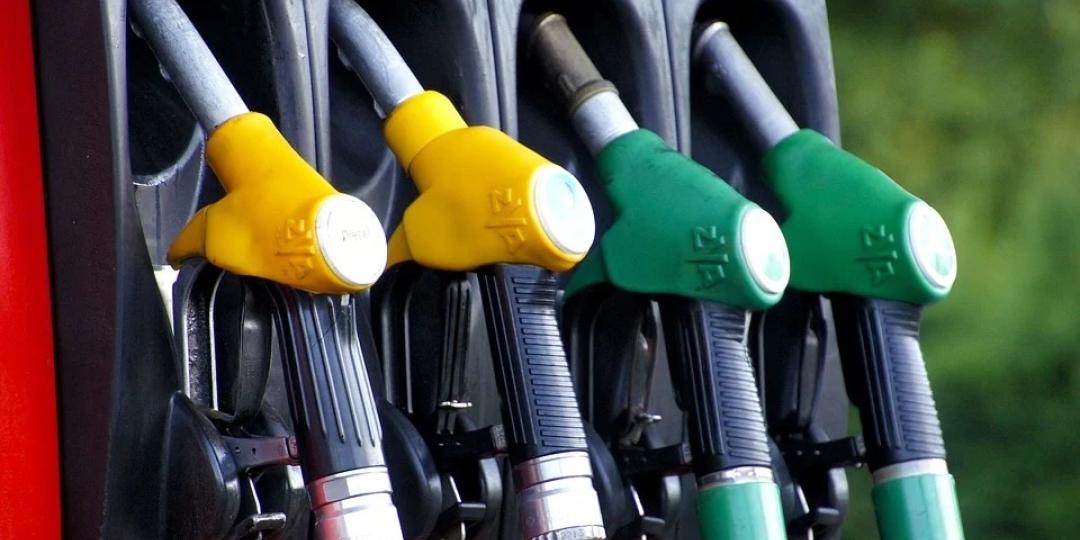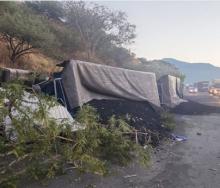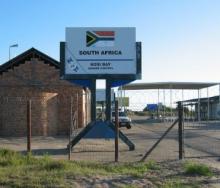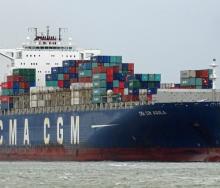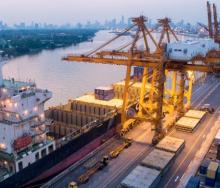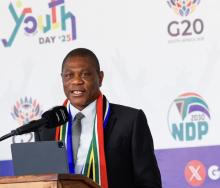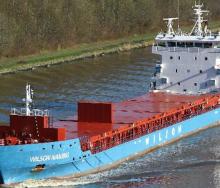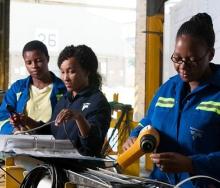The South African economy will take another hammering when fuel prices go up by more than R2.50 a litre to new record highs on Wednesday, trade unions and civil rights organisations have warned.
The Automobile Association said in a statement that the latest fuel price adjustments would hit already financially stretched consumers hard and put extra pressure on an already struggling economy.
The Department of Mineral Resources and Energy (DMRE) on Monday announced an increase of R2.57 to the price of 95ULP petrol in Gauteng, which will push the price to R26.74 a litre, while an increase of R2.37 to 93ULP will push this fuel price to R26.31 a litre, to new record highs. The price of diesel will increase by R2.30, and the wholesale price of illuminating paraffin will rise R1.66. In both cases, these increases will also push the prices of these fuels to new record highs.
According to the department’s latest data, the movement in international petroleum prices is the main driver behind the increases. The rand appreciated against the US dollar in June resulting in a saving of around 20c/l, without which the basic increases would have been higher. The ongoing war in Ukraine is continuing to fuel international prices as it has added to supply and demand pressures.
“In addition to the increases to the basic fuel prices, the R1.50 relief off the General Fuel Levy (GFL) given by the government for May and June, was halved for July which adds to the increases. This means the increase of R1.82 to 95ULP is, effectively, an increase of R2.57. This, and other increases announced today, will certainly negatively impact on all South Africans and will, undoubtedly, play a big role in the economy going forward,” the AA said.
The AA said pressure was building on the government to find a solution to rising fuel costs as short-term relief was unsustainable.
“We have called and will continue to press for a review of the fuel price. There is a need to interrogate all the components of the fuel price, to determine whether all these components are still necessary in the existing formula and to establish if the current calculations of these components are correct. The longer this review is not initiated, the longer the country will wait for lasting solutions.”
Organisation Undoing Tax Abuse (Outa) CEO, Wayne Duvenage, said the latest price increases were concerning.
“This is the highest monthly increase in the price, taking us to just under R27 per litre of petrol. “We note that government has not heeded the call for a continuation of the fuel levy reprieve at the full value of R1.50 per litre. Clearly the tax revenue shortfalls have negated government’s ability to continue with the relaxation in the fuel levy. We are now paying the high price of weak economic policy that has given rise to the South African currency punching well below its potential, combined with high taxes and levies applied to petrol,” said Duvenage.
The fuel levy will rise by a further 75c/l, back to R3.85c per litre in August.
United Association of South Africa spokesperson Abigail Moyo said the price hikes would severely impact small businesses and cash-strapped workers.
“UASA believes the fuel price increase calls for urgent intervention as it shows inflation spiralling out of control. Gauteng consumers will fork out more than R26 per litre, which paints an ugly picture regarding transport cost and the overall cost of living.
“With fuel now well past the R25 margin, small businesses who depend on generators during load-shedding will struggle to keep their concerns afloat. How much more will they be forced to spend on fuel on top of the electricity tariff hikes? The current situation is an economic disaster for cash-strapped workers who must match their disposable income with growing inflation rates and survive on the little they have left,” Moyo said.
